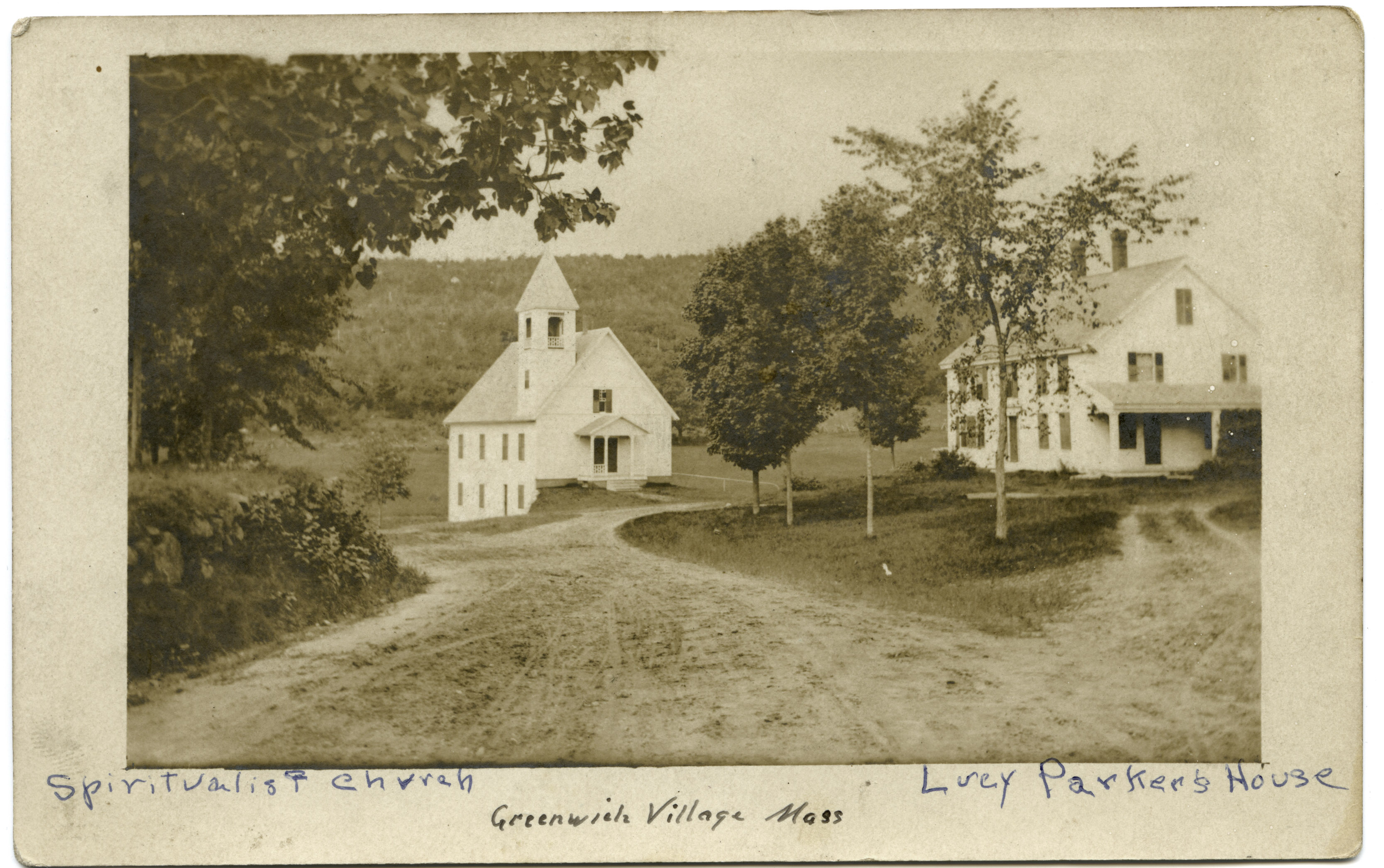Millers River Publishing Co. Records
The journalist and activist Allen Young founded Millers River Publishing Co. in 1983 to produce “fine books about New England.” Nearly a one person shop, the company began in Athol, Mass., with what would become the most successful of its publications, North of Quabbin, Young’s own guidebook to the nine towns rimming the Quabbin Reservoir. Over the next five years, Millers River issued at least fifteen titles in regional and local history, fiction, and children’s books. Soon after Young left his job at the Athol Daily News in 1989 to accept a position in public relations at the community hospital, the company ceased its operations.
The records of the Millers River Publishing Co. document the active years of a small regional press in northern Massachusetts. In addition business records, the collection includes correspondence from authors and readers along with book proposals and manuscripts, including some for works not published. Most of the Millers River publications are available in SCUA.


